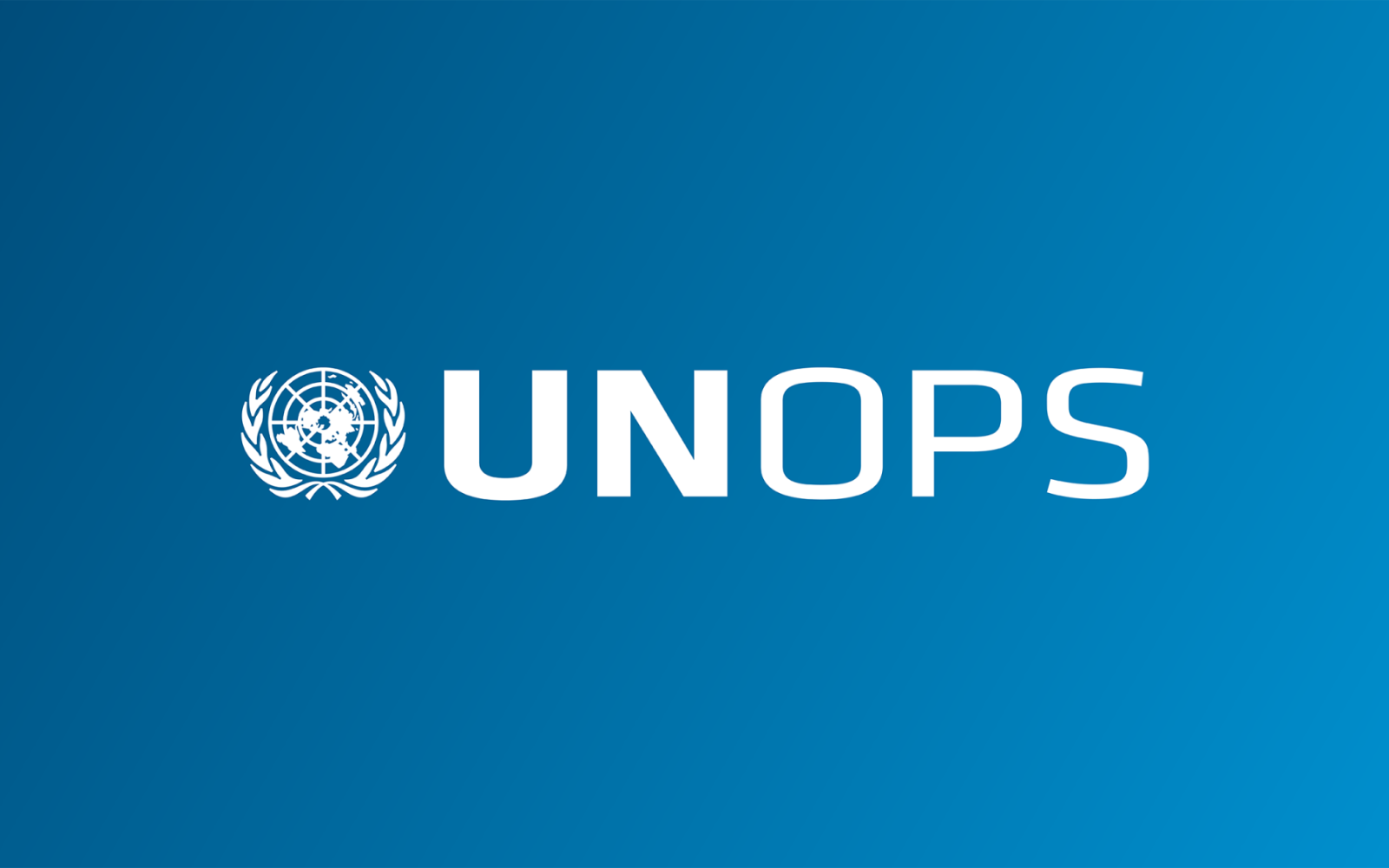The United Nations Office for Project Services (UNOPS)
Statement by UNOPS Deputy Executive Director following her visit to Guinea
Statement attributable to Sonja Leighton-Kone, UNOPS Deputy Executive Director for Management and Policy, following her visit to Guinea. The visit took place from 4 to 7 August 2025.
Guinea is aiming to transform the country from a mining-dependent economy to a diversified and competitive one by 2040. It also plans to invest in human capital, infrastructure, agriculture and education with the aim of achieving the Sustainable Development Goals and fulfilling the Human Development Index goals by 2030.
I am glad to see firsthand how @UEenGuinee 🇪🇺 project, is boosting connectivity, access to markets & safe passage for over 500,000 residents. 🇬🇳 https://t.co/DqbFPbGWCR
— Sonja Leighton-Kone (@KoneSonja) August 7, 2025
During my recent visit to Guinea, I discussed with Prime Minister Amadou Oury Bah, Minister of Planning and International Cooperation Ismaël Nabé, Minister of Foreign Affairs Dr. Morrissanda Kouyaté and partners how UNOPS can help turn national development priorities into tangible results for communities.
From diversifying the economy and strengthening resilience to supporting sectors such as agriculture, healthcare and education, these conversations highlighted the role UNOPS can play in supporting Guinea with achieving sustainable and equitable growth.
For more than a decade, UNOPS has been supporting key projects in Guinea to improve critical infrastructure, enhance environmental conservation and foster communities' livelihoods.
Together with UNOPS Regional Director for Africa, Dalila Gonçalves, I saw the impact of our infrastructure, project management and procurement work – and the dedication of our colleagues on the ground who make it possible.
We witnessed first‑hand how well‑planned infrastructure is at the service of communities. Through the Islamic Development Bank-financed Post‑Ebola Health Sector Support Project, the Communal Medical Centre Les Flamboyants in Conakry as well as 26 regional health centres and 13 emergency departments spread across the country are already serving communities.
The new National Centre for Family Health and Human Reproduction – the first of its kind in West Africa – will provide enhanced maternity and emergency care for mothers, newborns and families.
And we spoke with local community leader Soriba Keita, who explained how a newly upgraded 1.6 kilometre European Union‑funded road has helped reduce flooding in his neighbourhood and made it easier for community members – especially women – to reach local markets.
Whether it's building a health centre, upgrading roads or modernizing public services, we're committed to supporting the government of Guinea with creating lasting, positive change for the people we serve.










